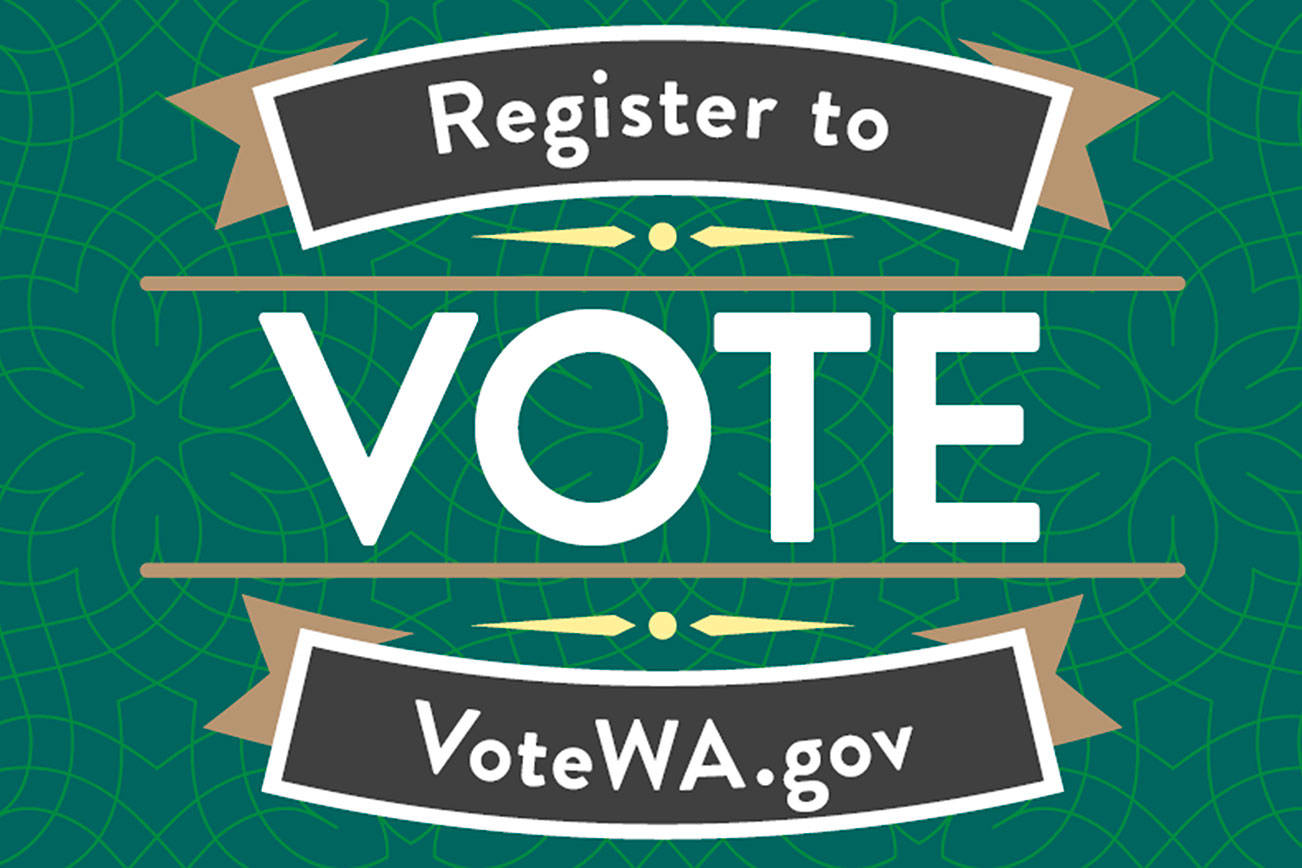County election officials are raising concerns about the new Washington state voting system ahead of the Aug. 6 primary election while state officials say they have confidence in it.
The new voting system, VoteWA, is a $9.5 million program that came online last May and is meant to unify all 39 county voting systems in the state into a single entity. This will allow greater security and more easily facilitate same-day voter registration, said Washington’s Secretary of State Kim Wyman, who has advocated for the program.
“I want people to know that our system is secure and that our counties are going to be ready for the August primary and the November general elections,” Wyman said.
Several issues have made King County Elections officials less confident. The state shut down the old voting system on May 24 and spent several days transferring voter data to VoteWA. Following this, counties double-checked the new data with their previous voter records to ensure accuracy, which meant they were not able to register new voters in the system until June 9. In King County, this led to a backlog of 16,000 voters, said King County Elections director Julie Wise during a July 10 meeting of the county’s Regional Policy Committee.
“There was a rush to get this system implemented, and it’s not ready to go,” Wise said. “I know that that’s concerning, and that it causes alarm for people, but I do want to say we are working diligently.”
King County Elections spokesperson Halei Watkins said their office had been experiencing several issues. In addition to the backlog, Watkins said the system has been slower than their old one. During a test, the agency tried to upload 300 signatures into VoteWA’s signature verification system. While this process used to be relatively quick, it took around 90 minutes with the new system. King County has 1.3 million registered voters and the county is anticipating several hundred thousand ballots to be returned.
“We’re working really hard on that, and we’re working with the Secretary of State’s office, and vendor, to see how we can get that to speed up,” Watkins said.
Other problems have come as the program dropped apartment numbers for ballot mailing addresses at one point, an error that could have affected a quarter of the county’s population. Another error affected overseas ballots. Both of these errors have been fixed.
VoteWA was developed by BPro, an election system design company based in South Dakota. While there have been issues, Wyman said these are expected during the roll-out of new voting systems and that the company has usually been able to address issues or concerns within 24 hours. Consolidating the 39 county systems as well as two state systems into a single program will help with security, Wyman said.
One way is by creating stronger firewalls and monitoring systems. In addition, only whitelisted computers can access the network, and VoteWA requires multiple identification codes to access. Many of the counties in Washington had election systems that were built in the mid-2000s and are now aging, difficult to support, and near the end of their useful lives. The state began looking at developing a new voting system in 2014, Wyman said.
VoteWA cost $9.5 million, with around half the funding coming from 2002 federal Help America Vote Act and the rest coming from the state Legislature. An additional $8 million came from Congress following the 2016 election to improve security.
Wise said that while she understands new systems will have issues that must be worked through, she was concerned that the state decided to debut the program during a primary election instead of a smaller election.
“What hasn’t been typical is my strong concern that we have gone live with an election system that has never been tested end-to-end,” Wise said.
King County Elections has hired additional staff to help enter the backlog as well as process and count ballots if needed following the election. Wise said her office does a manual recount of county ballots in addition to automatic ones. The county has two weeks following the Aug. 6 election to certify results.
Watkins said the county would have liked the system to either be tested in a full mock election or rolled out during a smaller one.
“We didn’t have to roll it out before this primary,” Watkins said. “So now we’re using the primary as kind of a test case, and we’re working very hard to make sure that goes as smoothly as possible.”
Part of the rush was a tight timeline, Wyman said. The state signed a contract with BPro last year and had planned on doing a full end-to-end test, but was ultimately unable to conduct one, she said. VoteWA does have a feature that lets counties try out processes to test them without affecting any live data.
“Counties are working really hard with my office,” Wyman said.
King County Elections also has contingency plans in place to have staff counting ballots around the clock, if needed, or to manually enter information into the system. Both Watkins and Wise said voters should feel confident in the county’s ability to accurately handle the election.
“If folks have any questions about receiving their ballots or receiving the correct ballots they should call our office,” Watkins said.
Voters in King County should have their ballots by July 22. If they don’t, residents can call the Elections office at 206-296-8683.


